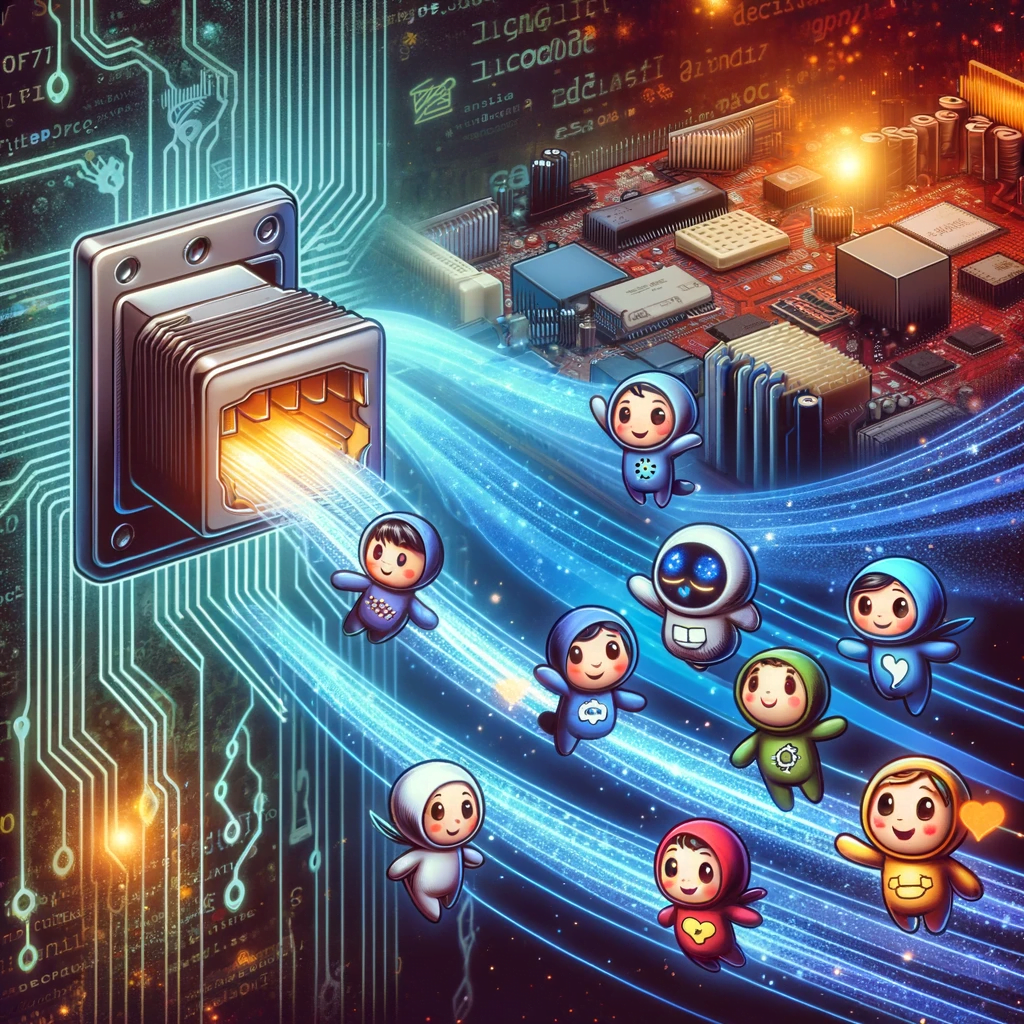
The C language has been a mainstay in the world of programming for several decades, and it continues to be widely used for a variety of reasons. Despite the emergence of newer programming languages, C remains relevant and valuable in many areas of software development. In this article, we will explore some of the key reasons why C is still widely used today.
1. Low-level access
One of the primary advantages of the C language is its ability to provide low-level access to system hardware. This means that developers can directly interact with the underlying hardware components of a computer system, such as memory and processors. This level of control is particularly useful for tasks that require fine-grained control or the implementation of complex algorithms. With C, developers can write code that directly manipulates memory, allowing for efficient and optimized operations.
2. Efficiency
Efficiency is another key reason why C is still widely used. C allows programmers to write code that is highly efficient in terms of CPU and memory usage. The language provides a level of control over system resources that is not always possible with higher-level languages. Skilled C programmers can optimize their code to make the most efficient use of system resources, resulting in faster and more resource-friendly programs.
3. Portability
C code is highly portable and can be run on almost every type of computer system. This portability is a significant advantage, as it allows developers to write code that can be executed on various platforms without the need for major modifications. This flexibility makes C a popular choice for developing software that needs to run on different operating systems or hardware architectures. Additionally, the availability of C compilers for different platforms ensures that C code can be easily compiled and executed on a wide range of systems.
4. Base Language
Many modern programming languages have their roots in the C language. For example, C++ is an extension of C that adds object-oriented programming features, while Objective-C is a superset of C that is commonly used for iOS and macOS development. By learning C, developers gain a solid foundation that can be easily applied to other languages. Understanding the principles and syntax of C makes it easier to learn and work with these derived languages, expanding the possibilities for developers.
In conclusion, the C language continues to be widely used for several reasons. Its low-level access, efficiency, portability, and status as a base language for other programming languages all contribute to its enduring importance. As technology continues to evolve, C remains a powerful tool for developers who require fine-grained control and optimal performance. Whether it’s system programming, embedded systems, or even application development, C continues to play a vital role in the world of software development.
RELATED POSTS
View all


